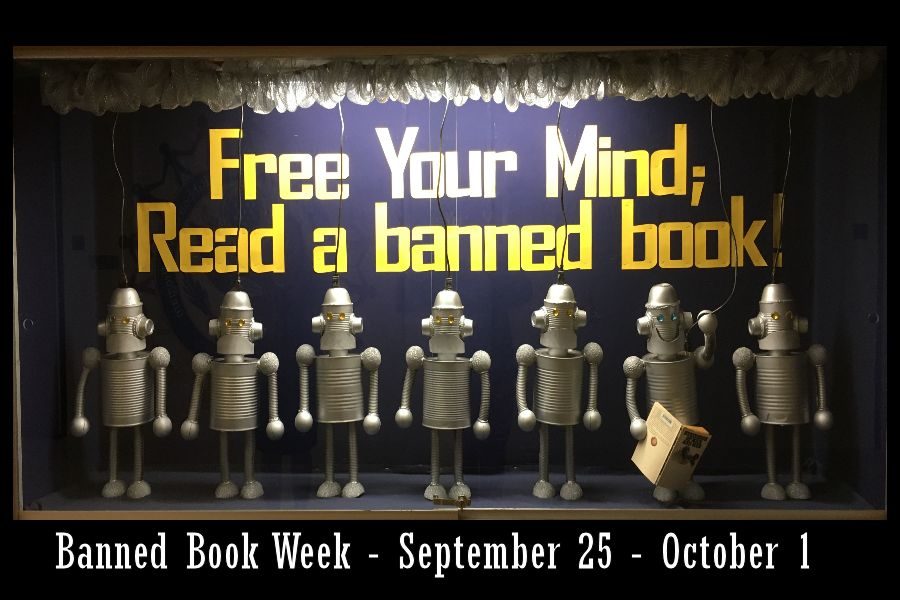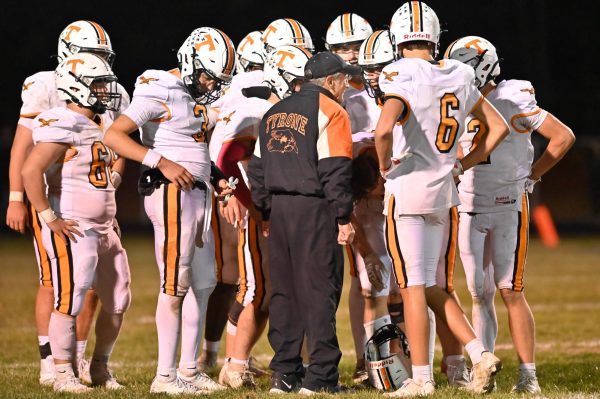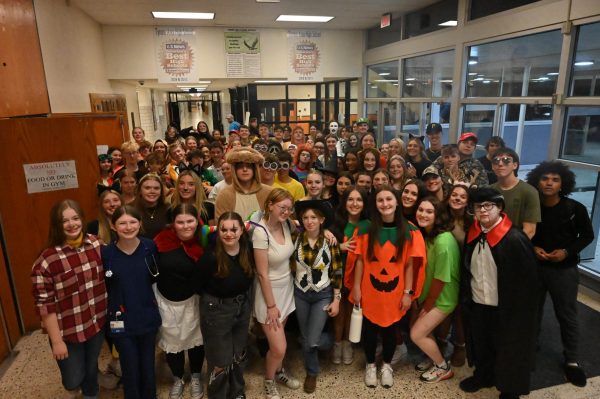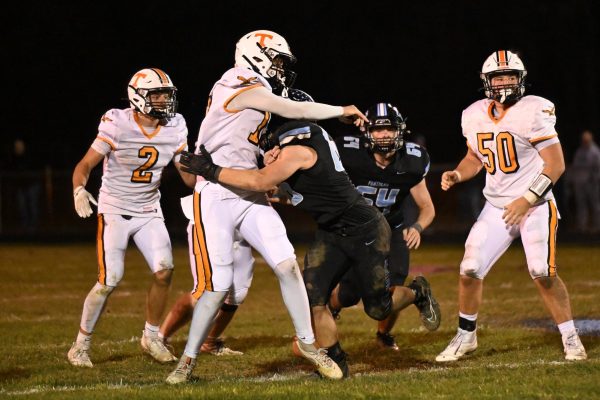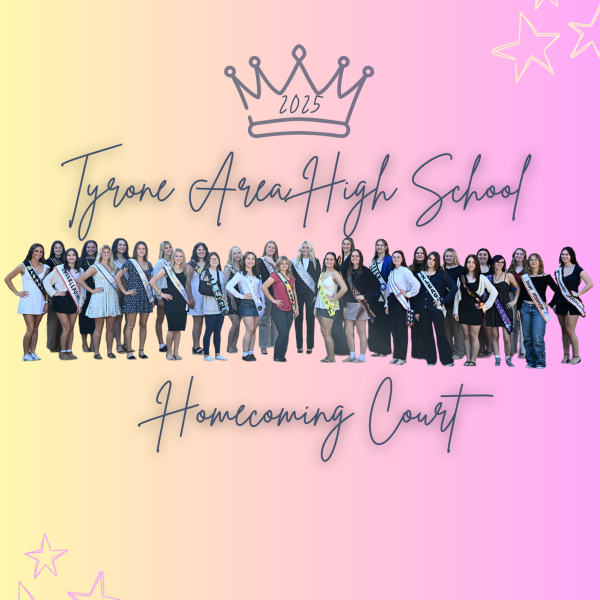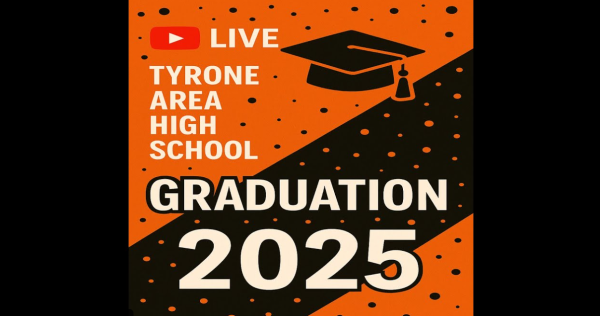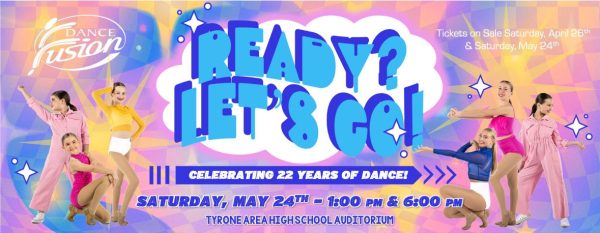Banned Books Week: Take Advantage of Your Right to Read
photo courtesy of Gabby McLarren
Ms. McLarren’s Banned Book Week Library display
As the First Amendment of the American Constitution states, “Congress shall make no law respecting an establishment of religion, or prohibiting the free exercise thereof; or abridging the freedom of speech, or of the press…”
What do Speak, Fahrenheit 451, The Hunger Games, The Great Gatsby, The Diary of Anne Frank, and The Fault in Our Stars all have to do with the Constitution? By the freedom of speech, we have a right to read these books. However, according to the American Library Association, all of these books are either banned or challenged books in some libraries or communities in the United States.
In response to people’s attempts to censor and restrict reading material, Banned Book Week was created. September 25th through October 1st, authors, librarians, publishers and readers all unite to defend their freedom of the press. It is a week when people celebrate the freedom to read or express ideas that are considered unorthodox or unpopular.
“[Banned Book Week] brings awareness to the fact that, in some places or communities, your right to read what you want is being limited or taken away.” said Miss Gabby McLarren, Middle/High School Library Assistant.
According to McLarren, our Middle/High school library does not currently have a ban on any books. There are some books that are restricted for middle school students due to content or language, but a student can check out a book in that section with parent permission.
What are banned and challenged books?
Banned books are books which have been removed from libraries. Challenged books are books that have been the focus of people and groups for restriction or removal from libraries. When a book has been banned or challenged, then no one can read it or borrow it from that library.
The American Library Association conveys the danger of such constraints on literature. It expresses the belief that, “Challenges do not simply involve a person expressing a point of view; rather, they are an attempt to remove material from the curriculum or library, thereby restricting the access of others. As such, they are a threat to freedom of speech and choice.”
The American Library Association does not deny parents’ rights to censor their children’s reading material. However, it does not agree with taking away everyone’s right to read certain books.
“Although I now better understand their [people challenging books] point of view, having read a recent, excellent Horn Book article on it, the issue still remains that we respect a parent’s role in guiding their children. Parents have every right to make decisions for their own children, but they do not have the right to restrict the choices of others or censor for others,” says Virginia Walter, president of the ALA’s Association for Library Service to Children (ALSC).
One of the frequently challenged book series which is available in the Middle/High school library is the Harry Potter series by J.K. Rowling. According to The New York Times, one of the top 10 books challenged in 2000 was the Harry Potter series. Over 646 challenges were filed against the Harry Potter series that year. Many of the critics believe that the supernatural elements found in the novels will cause children to become desensitized to real world evils.
However, this is just one example of various challenged series which can still be found on the shelves of our Middle/High school library. Other examples include The Outsiders by S.E. Hinton, To Kill a Mockingbird by Harper Lee, and Nineteen Eighty-Four by George Orwell.
Banned Book Week was created to celebrate our freedom to access books and information. It raises awareness about books that are banned or restricted in libraries across the country.
Take advantage of your right to read; try a frequently challenged or banned book.
A list of challenged young adult novels can be found through this link: http://www.ala.org/bbooks/frequentlychallengedbooks/YAbooks

Reading and writing are a big part of the reason senior Taylor Hoover decided to join the Eagle Eye staff team for the first time. She is ready to tackle...



